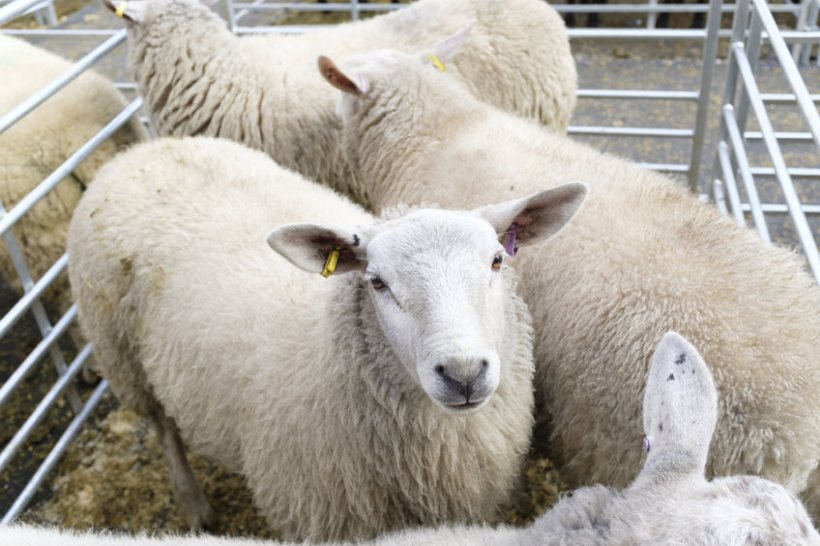
The UK sheep sector’s concerns over the UK-Australia trade deal have been "undermined and insulted" by the Trade and Agriculture Commission (TAC).
The National Sheep Association (NSA) has questioned the attitude of the TAC, an independent expert committee formed to scrutinise post-Brexit free trade deals and their impact on British farming.
The NSA hit back in response to a TAC assessment of the UK-Australia deal, which suggested that differences between the nation’s farming standards were not significant or important, and that industry concerns had been over exaggerated.
The sheep group said serious health and welfare issues, transport distances, space in transit, and antibiotic use had been "dismissed as minute details that are overexaggerated by UK sheep producers".
It also said this attitude from the TAC was "an insult to UK consumers, who value our product and it’s high production standards."
The body had submitted a response to the Australia trade deal at the start of the year, highlighting the issues the free trade agreement provided for UK producers.
The association said these issues had been "brushed off as a minor inconvenience", which in turn created "yet another blow to UK producers".
NSA chief executive, Phil Stocker said: "I was highly offended to hear the Chair of the TAC, Professor Lorand Bartels, state that the farming industry had overreacted to the risks of the trade deal.
"As a major stakeholder in this deal the NSA’s overarching assessment was that there was likely to be very little immediate risk.
"But that the deal was opening UK sheep farmers to levels of risk in years to come considering the political, climate, and trade related volatility that we are seeing globally.
"The new deals with Australia and New Zealand combined give the theoretic possibility of these countries supplying the UKs total sheepmeat consumption”.
Mr Stocker explained that UK sheep producers had again been put in a position where their businesses were "cast aside".
“If our government isn’t willing to protect our domestic industries, backed up by advice from the TAC, then it will, as usual, be down to industry to protect itself by communicating the attributes of British products.”
